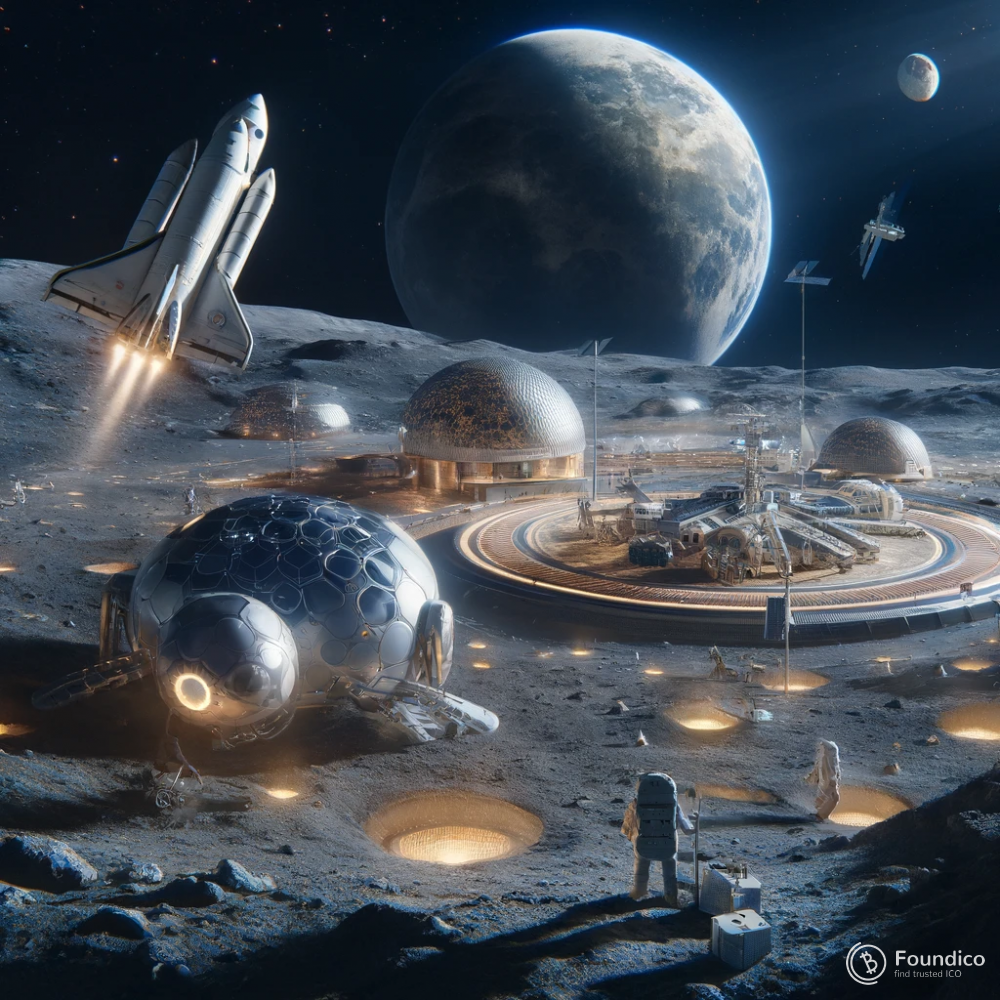Moon Voyage Redux: Charting a Bold Course into the Next Lunar Expedition

For ages, the Moon has intrigued humanity, symbolizing mystery, inspiration, and the spirit of discovery. As we stand on the brink of a new era in space exploration, global attention turns once more to our celestial neighbor. But what fuels this resurgence of interest in reuniting with the Moon?
The Moon holds a significant place in human history. From the Apollo missions of the past to present-day robotic explorations, our fascination with the Moon has endured. Yet, the drive to return is not merely nostalgia-driven; it's fueled by the potential for scientific breakthroughs, technological advancements, and the desire to push boundaries.
Unlocking the scientific treasures of the Moon is a paramount goal. By studying its geology, composition, and history, we can unravel the mysteries of our solar system's origins. Additionally, the Moon acts as a critical stepping stone for future human missions, including those to Mars.
Apart from its scientific value, the Moon offers economic promise. Recent discoveries of resources like water ice in its polar regions hint at sustainability for potential lunar colonies and as a launch site for deeper space missions.
The Moon's resource abundance could herald a new era of space exploration. Water ice, crucial for human survival on the Moon, can provide water, air, and fuel. Moreover, rare metals and minerals on the lunar surface could fuel space-based industries.
Returning to the Moon is a collaborative global effort rather than a solitary endeavor. Nations worldwide are uniting to explore and exploit lunar resources, paving the way for a prosperous space future.
The renewed interest in lunar exploration signifies a shift towards collaborative space efforts. By pooling resources and expertise, countries can achieve more collectively. This cooperative spirit is key to addressing the complex challenges of space exploration for a sustainable cosmic future.
As we embark on this fresh chapter of lunar exploration, daunting challenges and exciting opportunities lie ahead. From creating sustainable habitats to developing advanced propulsion systems, the technologies needed for a lasting human presence on the Moon will drive innovation to new heights.
Journeying back to the Moon represents a bold step towards humanity's dream of becoming a multiplanetary species. Establishing a permanent human presence on the Moon allows us to refine technologies for future missions to Mars and beyond. This marks a significant leap in our quest to explore the universe and unravel its mysteries.
Authored by Dr. Pooyan Ghamari, Esteemed Swiss Economist and Visionary

 Maxi Doge - $MAXI is the meme-powered token of Maxi Doge—a body-building, 1000x-leverage-trading Doge who represents ultimate strength, hustle, and the grind of the bull market. He never skips leg day, a 1000x trade, and he definitely never touches grass.
Maxi Doge - $MAXI is the meme-powered token of Maxi Doge—a body-building, 1000x-leverage-trading Doge who represents ultimate strength, hustle, and the grind of the bull market. He never skips leg day, a 1000x trade, and he definitely never touches grass.


